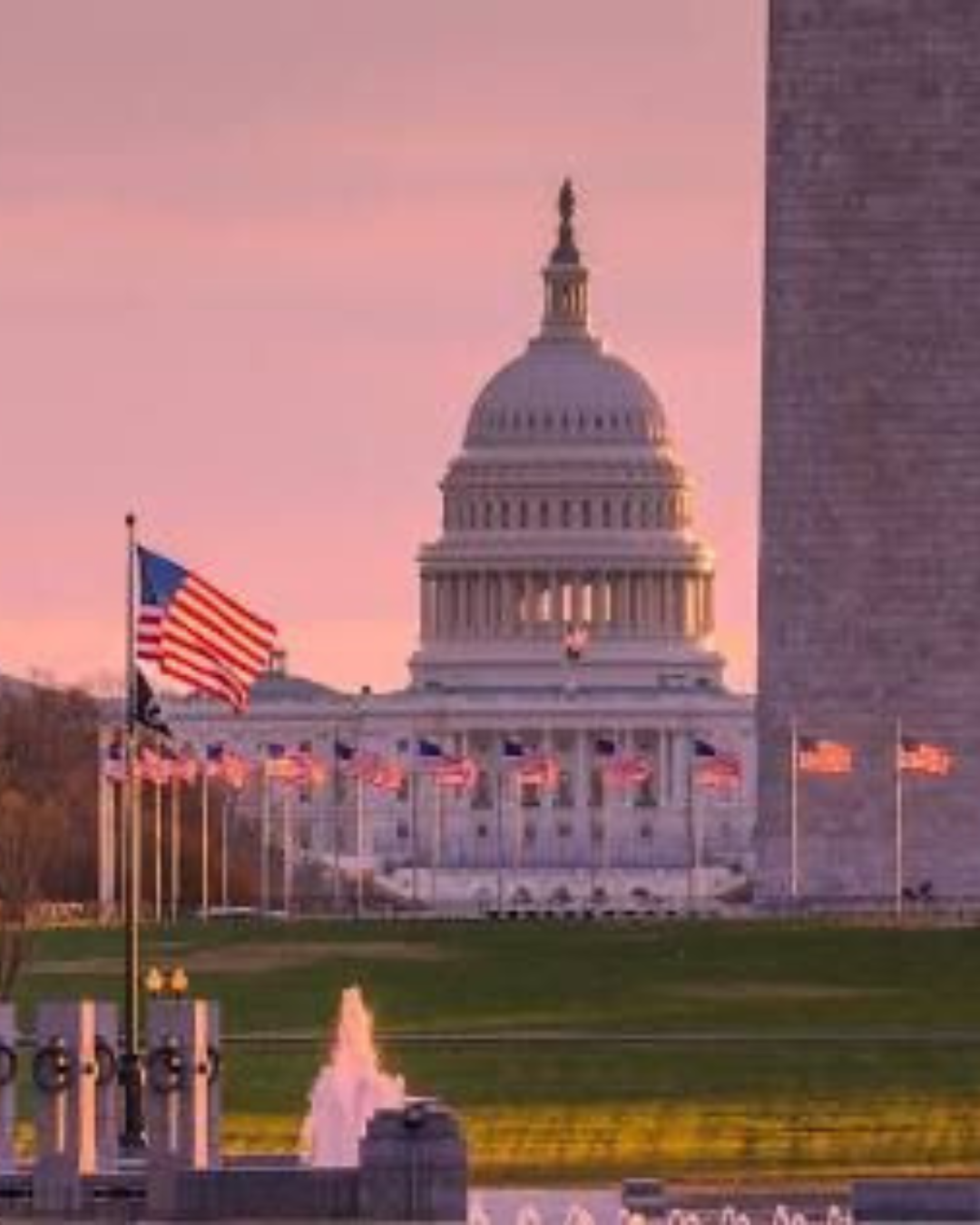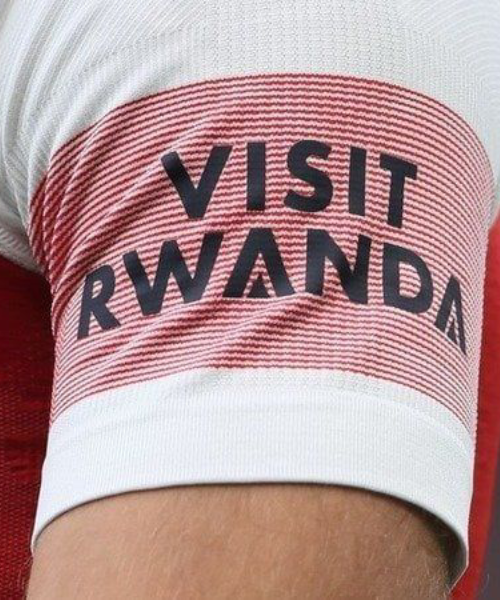The administration of President Alassane Ouattara is under mounting scrutiny from Washington as the United States Treasury intensifies its push for greater cooperation in tackling suspected money laundering networks operating within Côte d’Ivoire.
For several months, senior officials from the US Treasury Department’s Office of Terrorism and Financial Intelligence have been engaged in discreet but frequent working sessions with Ivorian authorities. According to diplomatic and financial sources, the discussions center on tracing illicit financial flows believed to be linked to entities and individuals associated with the Lebanese movement Hezbollah, which Washington designates as a terrorist organization.
The US alleges that Côte d’Ivoire, a hub of regional commerce and finance in West Africa, has become a key transit point for networks moving funds through trade-based schemes, real estate acquisitions, and the banking system. American officials are urging Abidjan to tighten its regulatory framework, strengthen due diligence in the banking sector, and step up surveillance of cross-border transactions.
Pressure on Ouattara’s Administration President Ouattara, who has positioned Côte d’Ivoire as a magnet for foreign investment and a model of macroeconomic stability in the region, now faces the delicate task of balancing international demands with domestic political considerations. While Ivorian authorities have not publicly acknowledged the US concerns, sources close to the presidency say Ouattara is wary of the reputational risks that a money laundering scandal could pose for Abidjan’s ambitions to remain West Africa’s financial hub.
A senior Ivorian financial regulator, speaking on condition of anonymity, noted that “the Americans want concrete results, not just promises. They believe that certain networks have been operating with impunity for years, and they are pressing us to act.”
Regional and Political Implications ,The US pressure is not limited to financial regulation. Analysts suggest it also reflects Washington’s broader geopolitical objectives in West Africa, where Hezbollah-linked commercial networks are suspected of financing activities in Lebanon and beyond. Côte d’Ivoire, with its sizable Lebanese diaspora community, has long been on the radar of international watchdogs monitoring illicit financial flows.
Failure to comply with US demands could expose Ivorian financial institutions to sanctions, potentially disrupting trade financing and investor confidence. For Ouattara, who is seeking to consolidate his legacy in the face of political succession debates ahead of the 2025 presidential elections, maintaining strong ties with Washington is seen as essential.
Looking Ahead ,In recent weeks, joint US-Ivorian task forces have reportedly stepped up audits of banking operations and customs records. However, experts caution that dismantling entrenched networks will require sustained political will and cross-border cooperation.
“The challenge is that money laundering in West Africa is not confined to one country. It thrives in regional loopholes and weak regulatory environments,” said an Abidjan-based economist. “The US is pushing Côte d’Ivoire because it is the economic engine of the region, but this is really a West African problem.”
As the meetings continue, Ouattara’s administration finds itself walking a tightrope: seeking to reassure Washington of its commitment to fight illicit finance, while avoiding measures that could unsettle powerful business interests at home.











